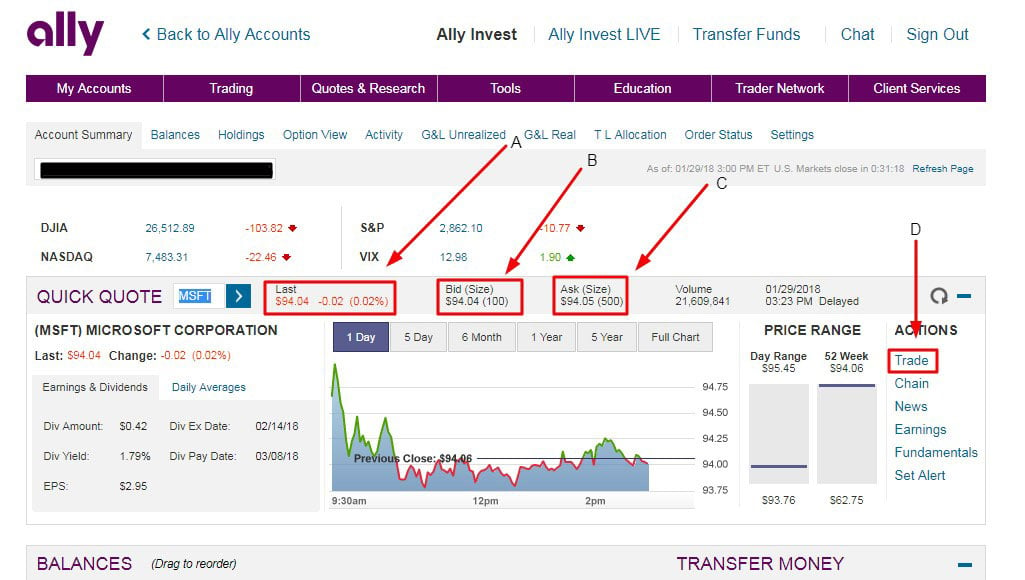
#List of all penny stock newsletters how to#
(Here’s how to research a stock.) Understand the industry, how the company makes money and its chief competitors.

If you buy a stock for $2 and the share price shoots up to $100 - an unlikely short-term scenario anyway - that $98 is no more than a paper gain until you sell the stock and pocket the proceeds. Who would want these things? But if you still do, consider this: You don’t make any money on an investment until you sell that investment and realize a gain on the sale. Given the above, this point now veers toward self-explanatory. All of this can make penny stock issuers very difficult to research and accurately price. They are unlikely to be covered by analysts, and while some OTC marketplaces have minimum listing requirements, others don’t. (Interested in a little light reading? Scroll through the Nasdaq listing standards.) And then there is intense scrutiny from stock analysts and researchers, who quickly bring any blemishes in the business into the light of day.Ĭompanies issuing penny stocks may not have to file with the SEC if they hold less than $10 million in assets or have fewer than 2,000 shareholders of record. They’re also required to meet minimum standards to be listed on major exchanges, often including a floor for earnings, number of shareholders and the market value of those shares, among other things. Public companies are required to file regular reports with the SEC, baring the status of their business via audited financial statements. This goes for any stock, not just penny stocks: If someone tells you a stock is hot, consider the source and do your own research. Scammers frequently pretend they’re leaving a message with a stock tip for a friend it appears to be a wrong number, but the mention of the next big winner piques your interest. These days, the promotion may come via email or as a voicemail. Remaining investors are left with what is in many cases a worthless security.

When the price rises, they sell their shares, causing prices to plummet.

In such schemes, scammers buy shares of what FINRA has referred to as “dormant shell companies with little to no business operations” and then promote the stock as the next hot buy. The Financial Industry Regulatory Authority and the Securities and Exchange Commission have issued warnings about penny stocks, specifically about “pump and dump” schemes.

Even the websites that tout penny stock trading as a viable investment strategy admit that scams run rampant. Google “penny stock scams” and you’ll find no shortage of results. When you trade penny stocks, you’re betting that one of these small companies has what it takes to go big.


 0 kommentar(er)
0 kommentar(er)
